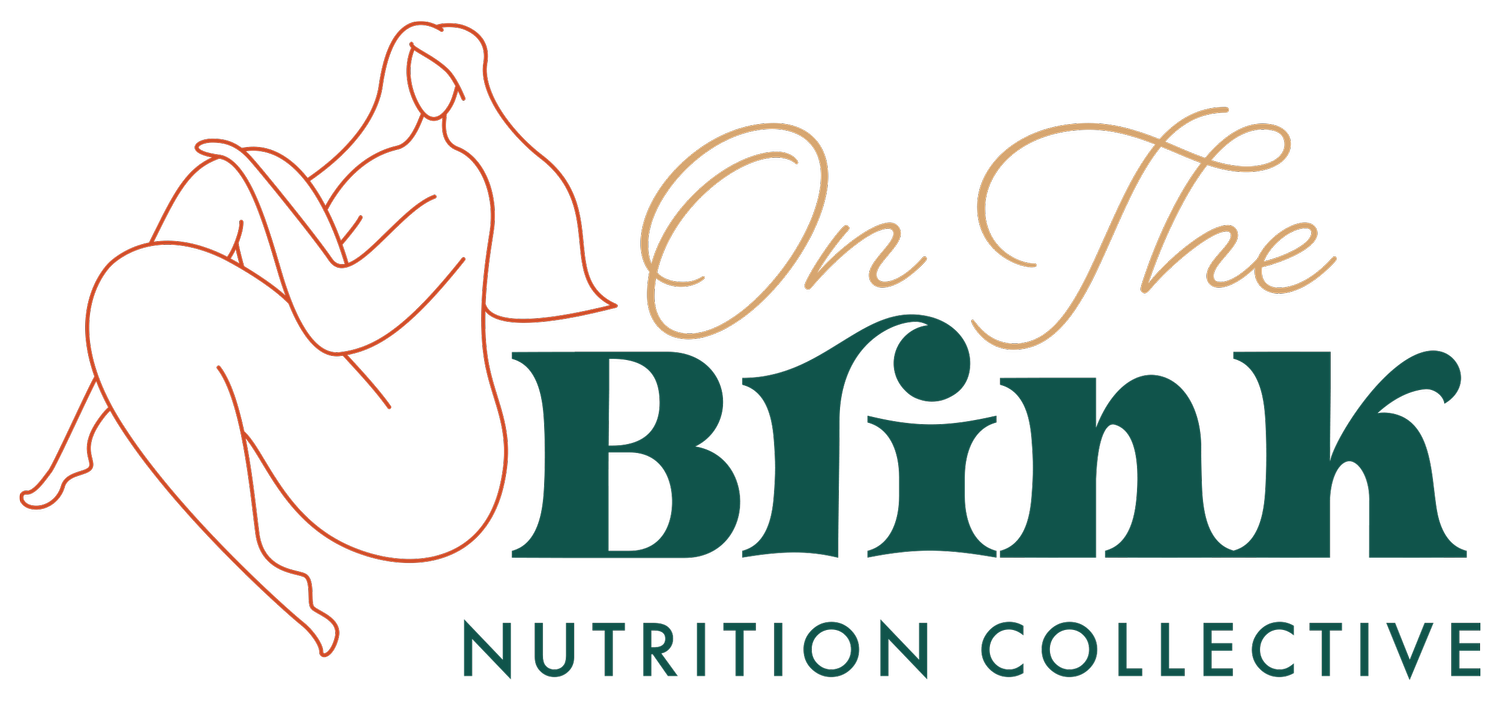Self-Compassion: Self-Kindness Versus Self-Judgement
written by: Samantha Toffoli, @inclusive_dietitian (former student of Liz Brinkman)
In high school, I participated in tennis on our school’s tennis team for over three years. I had started playing tennis in middle school and was so excited to get the chance to show off the awesome skills I had been practicing so hard on. With a crowd gathering around and all eyes watching, the pressure began to build. This fun game that I loved to play with my friends after school became a huge source of stress for me. I spent the match being so annoyed at myself for missing a shot or hitting without that perfect racquet control I aspired to have. My judgment towards my performance would even get so harsh that I would start to say these insults to myself out loud!
Now, as a graduate student (and almost Registered Dietitian!), I realize how unhelpful (but normal) this was. Why did I care SO much about high school tennis? Was it that big of a deal? In retrospect, I realize in those moments I was practicing self-judgment. I was not kind to myself, as I spoke harsh words to myself when I didn’t deserve it. Instead, a more supportive way to think is to incorporate self-kindness, or recognizing our flaws or mistakes for what they are, but not beating ourselves up for it.
Connecting with our “inner child” is one way we can practice self-kindness. The inner child concept in psychology is where we imagine the childhood version of ourselves and what we would say to them if we had a chance. Imagine how proud our younger selves would be of us today, and think of the advice you would give your past self. Would you spend the time talking down to them, pointing out any flaws, or ruminating on past memories? Or, would you choose to spend the time with them building their confidence and speaking to them with compassion and love?
We can practice self-kindness in our thought patterns to identify when we may find ourselves slipping out of “kindness” and into the “judgment” zone. If you notice a thought of negative self-talk or judgment, pause and take a moment to acknowledge it. After putting a label on this negative thought, we can analyze what our patterns are speaking to us. After noticing this thought with curiosity, you may find that you no longer agree with it.
For example, you have a thought of, “Wow, I really overdid it at lunchtime. I’m never going to notice and trust my fullness and satiety cues.” Taking a moment to pause, we may start to realize that we placed judgment on ourselves rather than kindness or compassion. We can then rewrite that thought to say, “It’s true that I’m not very comfortable right now, but I’m still learning to notice and respond to my internal cues of hunger and fullness. What can I learn about my last eating experience that will help me in the future? Who can I reach out to for support?”
A few other ways we can practice self-kindness are through actions with ourselves.
Reaching out for help when you need It
taking breaks
recognizing our achievements
These are just a few examples of how we can be kinder to ourselves.
I invite you to recognize patterns in which you can promote kind thoughts and actions towards yourself.
Reach out for help from Liz if you are interested in more support.
